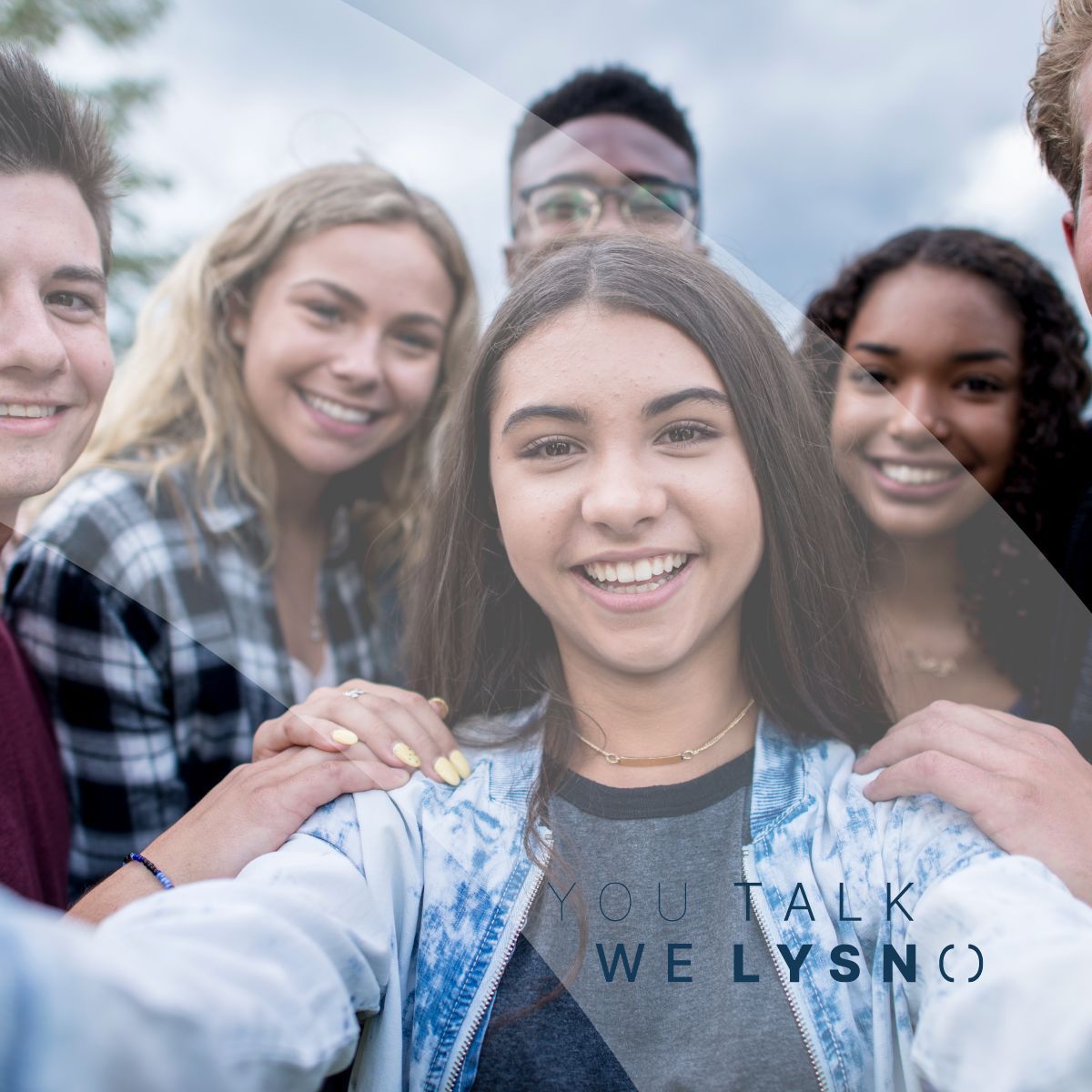
What is the benefit of socialisation for seniors?
Socialisation is incredibly beneficial for seniors because it has a range of positive mental health benefits:
Socialisation can reduce stress: Social interaction can help to reduce stress levels by providing emotional support and a sense of belonging. It can help alleviate feelings of isolation or loneliness and in turn, assist in improving overall mood.
It can increase self-esteem: Interacting with others can help you feel more confident and positive about yourself. It can also allow you the ability to relate to others, often making you feel a sense of belonging and reminded that you are not alone. What’s more, having a strong social network can help you to cope better with life's challenges and better bounce back from any setbacks.
It allows for better cognitive function: Some studies shows that socialisation can help to keep your mind active and engaged, which can improve cognitive function and delay cognitive decline.
Socialisation reduces risk of depression and anxiety: Studies have shown that people who have strong social support networks are less likely to experience depression and anxiety.
Why is socialisation important for brain health?
Socialisation is essential for brain health because it plays an important role in promoting cognitive and emotional wellbeing. Socialising with others helps to stimulate the brain and keep it active, which is important for maintaining cognitive function as we get older. Social interaction provides us with a sense of belonging and connectedness to others, which in turn can help to improve our self-esteem and also reduce feelings of loneliness and isolation. It also has been shown to help improve our mood and overall wellbeing (some studies show that when we spend time with people we enjoy, our brains release feel-good hormones like oxytocin, which can help to reduce feelings of depression and anxiety).
How does a lack of social interaction affect cognitive development?
A lack of social interaction can significantly impact cognitive development because it requires communication, listening, and problem-solving, which can help to enhance cognitive function. When we engage in conversations and discussions with others, we are challenged to think critically, recall information, regulate our emotions and analyse new ideas. This type of mental stimulation helps to keep our brains active and can even reduce the risk of cognitive decline. Our memory, attention spans, ability to regulate emotions and problem-solving abilities are impacted by social interaction and without it, these things may unfortunately decline.
How do you socialise after 60?
Well that really depends on the things that you enjoy, along with the things that you are physically able to do!
A great way to socialise is by joining a social group or club that caters to your interests, such as a book club, a gardening group, a dance group, or a community service group. You could also join a volunteer group which can be a great way to meet new people and give back to your community.
Another way to socialise is by attending community events that can provide you with opportunities to meet new people and socialise with others.
You could also try taking a class or course in a subject that interests you where you’ll be able to meet like-minded people who share similar interests.
Social media can also be a great tool to stay connected with others! Try to reconnect with old friends, family members, or even pupils you attended school with.
How can those over 60 nurture the friendships they already have?
Maintaining friendships is important in all stages of life, however it can be a little challenging for those over 60 due to things like retirement, health issues, and family obligations. However, that doesn’t mean you can’t maintain your friendships!
For any age, the key to maintaining friendships is in making the effort to stay in touch. Regular communication is really the key to maintaining any friendship and it’s especially important as you get older, and time can slip by. Those over 60 years of age can stay in touch with their friends via phone, email, or even social media. It's essential to make an effort to reach out and check in with friends regularly, even if it's just for a quick ‘how are you going’ chat or a message to let them know you are thinking of them.
Also try to plan regular get togethers if you are able to because this is another great way to keep friendships strong. This could be anything from a weekly coffee date to a monthly lunch or dinner, or even exploring new activities together: Trying new things can be an excellent way to deepen friendships because it provides an opportunity to spend quality time together but also allows for personal growth and exploration.
Nancy Sokarno is a psychologist at Lysn. Lysn is a digital mental health company with world class wellbeing technology which helps people find their best-fit professional psychologist whilst being able to access online tools to improve their mental health.
Categories




